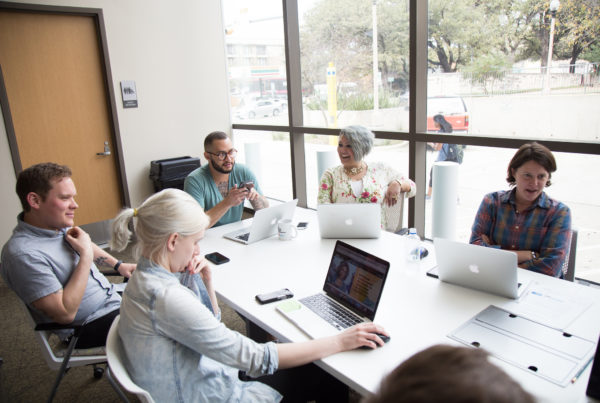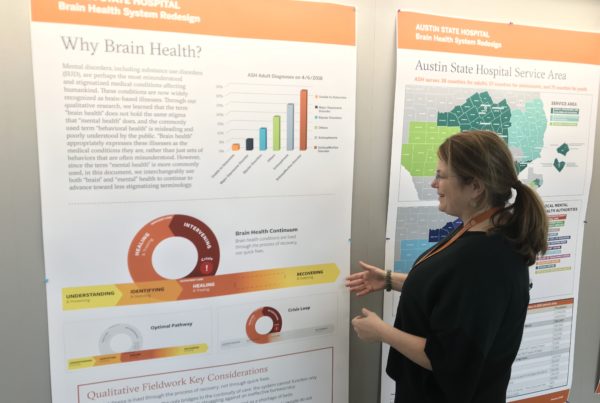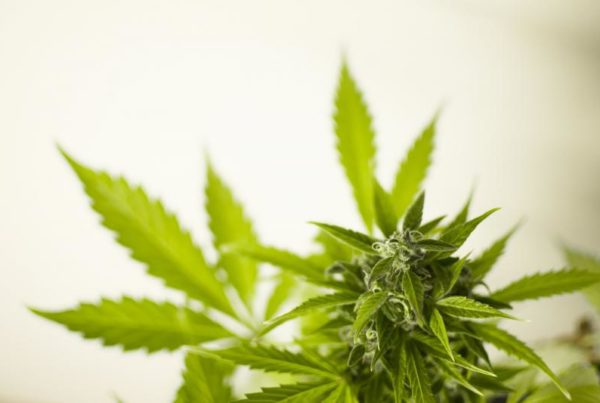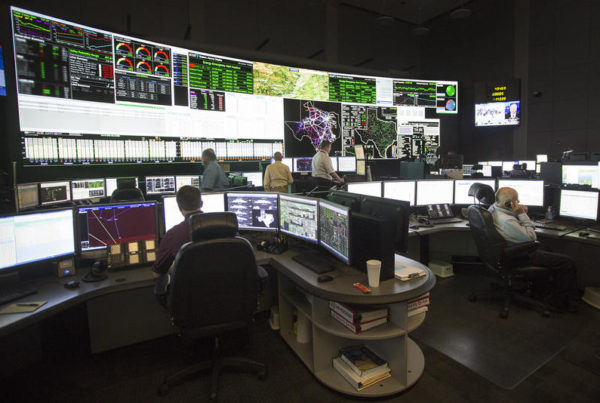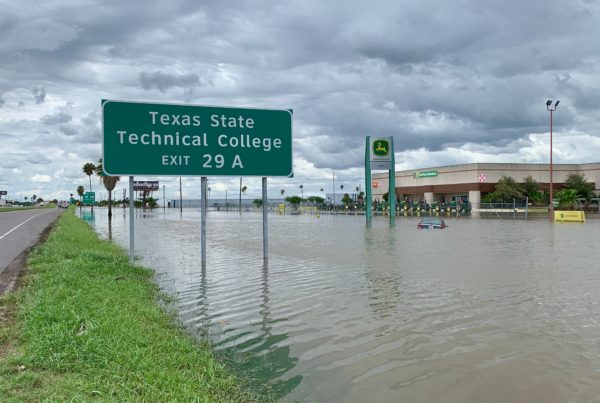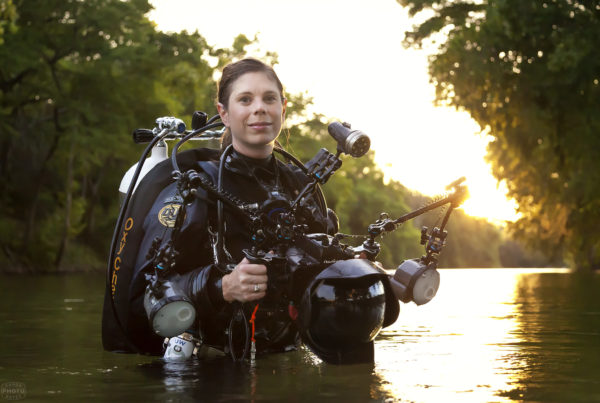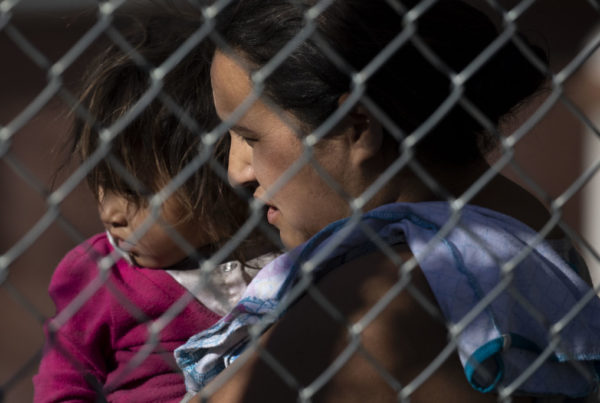Over two nights, twenty candidates made their case to Democratic primary voters in two nationally-televised debates – with maybe just a handful of moments that really stuck out. With more than seven months before the Iowa caucuses, and a full 493 days until the 2020 general election, a lot could happen.
The Standard’s Laura Rice spoke with two observers who were watching closely as the presidential hopefuls took to the debate stage in Miami. Victoria DeFrancesco Soto is the director of Civic Engagement and a lecturer at the University of Texas LBJ School. Jennifer Mercieca is a historian of American political discourse, and an associate professor in the Department of Communication at Texas A&M.
The two-night debate format offered a chance to compare the ways the second group of candidates might have learned from observing the first group.
“I thought there was a noticeable difference between the first night and the second night in terms of how they referred to [President Donald] Trump and how often,” Mercieca says. “It seemed like in the first three or four minutes, we already heard Trump’s name more frequently than we did in the entirety of the night before. They really went after him.”
DeFrancesco Soto says former vice president, and presidential candidate, Joe Biden also came in for plenty of attacks.
“The candidates, in particular Kamala Harris, knew that they needed to elbow Joe Biden out of this race if they wanted to have a shot at the nomination,” DeFrancesco Soto says.
DeFrancesco Soto says Harris differentiated herself not only by going after Biden but by “providing a human face to the policies and to the issues she was talking about.”
Health care and immigration are examples of issues where Harris effectively added humanity, where other candidates’ personal stories didn’t feel as natural, DeFrancesco Soto says.
Mercieca agrees that Harris was a standout.
“One of the things that Harris was really fantastic at last night was taking a big policy issue and bringing it down to the individual or personal examples,” Mercieca says.
Harris’ moment of conflict with Biden was powerful because Harris “made it about herself,” Mercieca says.
New York Sen. Kirsten Gillibrand sought to stand out by gaining attention, even when not called on by debate moderators. Mercieca says she thinks Gillibrand was “lost” during a lot of the debate, though she made “noteworthy” contributions when she asserted herself with moderators.
DeFrancesco Soto says Gillibrand’s performance reminded her of fellow New Yorker Bill De Blasio, who was one of the ten presidential candidates onstage Wednesday.
“I didn’t think it was even that much of a gendered thing, as opposed to ‘I’m in the second or third tier, I’ve gotta make my mark,'” DeFrancesco Soto says.
DeFrancesco Soto says another woman running for president, who wasn’t debating Thursday, was a winner, nonetheless – Massachusetts Sen. Elizabeth Warren.
“…because [Vermont Sen.] Bernie Sanders was so flat in the performance last night… What that means for Warren is that she’s able to stand out as the new leader in terms of the progressive movement,” DeFrancesco Soto says.
For DeFrancesco Soto, six people performed well in the two debates: Harris, Warren, former San Antonio Mayor and HUD Secretary Julián Castro, New Jersey Sen. Cory Booker, Colorado Sen. Michael Bennett and Gillibrand.
Mercieca is less ready to winnow down the field of candidates, but says Harris and South Bend, Indiana Mayor Pete Buttigieg were strong on Thursday, while Castro and Warren were Wednesday’s standouts.
“Political science research says that these debates don’t actually do a lot for voters unless there isn’t a lot of information,” Mercieca says. “We are in sort of a situation like that.”
Written by Shelly Brisbin.




